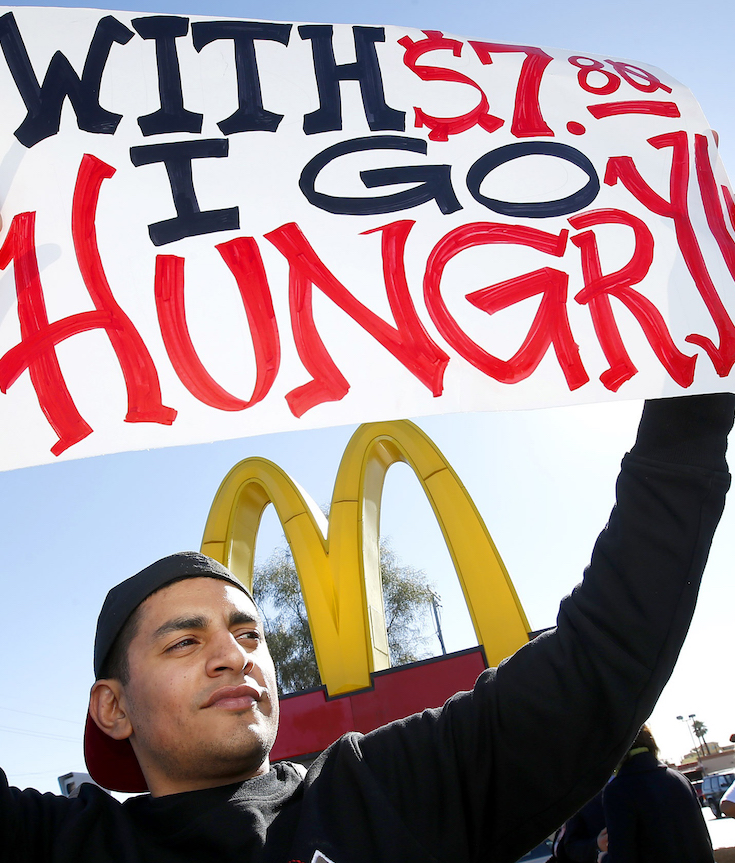The numbers are sobering: People born in the 1940s had a 92 percent chance of earning more than their parents did at age 30. For people born in the 1980s, by contrast, the chances were just 50-50.
The finding comes from a new paper out of The Equality of Opportunity Project, a joint research effort of Harvard and Stanford led by the economist Raj Chetty. The paper puts numbers on what many have seen firsthand for years: The American dream—the ability to climb the economic ladder and achieve more than one’s parents did—is less and less a reality with every decade that goes by.
[mc4wp_form id=”6042″]
 Photo | Mario Tama/Getty Images
Photo | Mario Tama/Getty Images

 Photo | AP Photo/Ross D. Franklin
Photo | AP Photo/Ross D. Franklin
The study of economic mobility, inequality and poverty in the U.S. is the focus of the Equality of Opportunity Project, which involves a group of researchers from Harvard, U.C. Berkley and the U.S. Treasury. The group studies intergenerational mobility and has recently published papers with interesting and important findings regarding upward mobility – or lack of – in our country.
EOP’s research found that American children today have about the same chance at upward mobility as children did 50 years ago. However, it is more difficult for individuals to access opportunities, making the “consequences of low social mobility much higher.” Researchers also found that ‘place’ is of great importance; some locations have more opportunities thereby increasing the chance of upward mobility. Local and regional variables matter a great deal and the variables with the strongest correlation to economic mobility were racial segregation, economic segregation, family structure and social capital.


You must be logged in to post a comment.